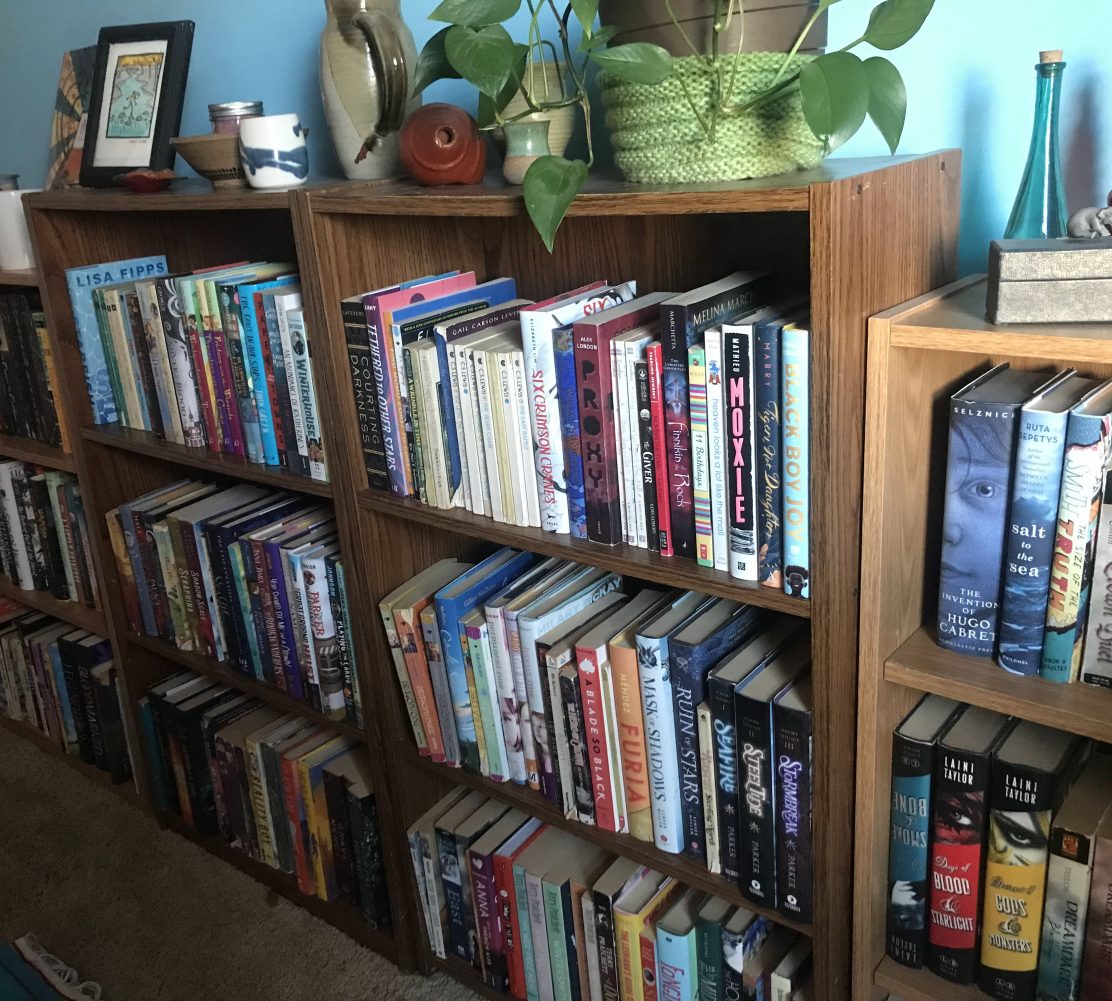How six novels taught me about love, friendship, and the things that really matter
by William Deresiewicz
ages: adult
First sentence: “I was twenty-six, and about as dumb, in all human things, as any twenty-six-year-old has a right to be, when I met the woman who would change my life.”
Support your local independent bookstore: buy it there!
When I saw this one a while back, I knew, as a professed lover of all things Jane, that I had to eventually read it. Thankfully, my delightful gift exchange partner, Holly, made that eventually sooner rather than later.
I didn’t quite know what to expect from a book like this, or who even it’s intended for. Other Janeites? The random public? Guys who should be reading Jane Austen? (Which they should.)
And the answer is: yes, all of the above.
Deresiewicz weaves his personal story of a 26-year-old, single, angsty Jewish male with analyses of all six of Austen’s books, giving each book a theme that helps him through a time period in his life. He doesn’t go chronologically with her works, but rather in the order that he read them, and with what fit with what period. It’s a book about Austen, yes, but it’s also a book about Deresiewicz’s growth as a person, and the role that Austen played in that.
Having read all the novels many times (though not recently; one of the things I realized while reading this is that it’s been a while since I’ve visited with Austen, and “a while” is too long), he didn’t really say much that I didn’t know. I’m not sure I’m going to look at her novels in a new light now, or anything like that. Perhaps, if I were less than an avid fan, I would have (I also want to give this to the guy at work who disdains all “chick fiction”, calling it “fluffy” and beneath his notice). At the very least, Deresiewicz succeeded in reminding me why I adore Austen.
A couple of quotes, because these stood out:
From the Northanger Abbey chapter (“Learning to Learn”): “Real men weren’t afraid to admit that they still had things to learn — not even from a woman.”
From Mansfield Park (“Being Good”): “To listen to a person’s stories, [Edmund] understood, is to learn their feelings and experiences and values and habits of mind, and to learn them all at once and all together. Austen was not a novelist for nothing: she knew that our stories are what make us human, and that listening to someone else’s stores — entering into their feelings, validating their experiences — is the highest way of acknowledging their humanity, the sweetest form of usefulness.”
For me, this was a delightful romp through familiar land: watching someone come to a realization that Austen and her small, domestic dramas and comedies really do hold valuable lessons for the rest of us, even 200 years later.


I am thinking now that it has been a rather long time since I've re-read Austin. Except, of course, for certain bits of P. and P., which I read about every year….
This sounds rather interesting!
LikeLike
I've been wondering about this book – now I'm going to put it on my tbr list. And I'm thinking, too, that it's high time I started rereading Austen.
LikeLike
Charlotte, Belle: I agree! This book definitely left me with the sense that it's been too long since I've read any Austen. Time to rectify that.
LikeLike
Every time I see this book somewhere I want to pick it up. I'm a sucker for books by or about Austen. This sounds fun and I'll definitely read it at some point! Thanks for the review. 🙂
LikeLike
I've been meaning to read this one…
LikeLike
I first came across Jane Austen as a teenager. I enjoyed her then but always felt that she lacked a certain edge. As an adult I still enjoy her and realise her edge is there, it's just very subtle, but sharp nonetheless.
LikeLike
Latest Hot Entertainment News, Latest updata about Bollywood, hollywood, pakistani Girls
hotentertainnews.blogspot.com
LikeLike